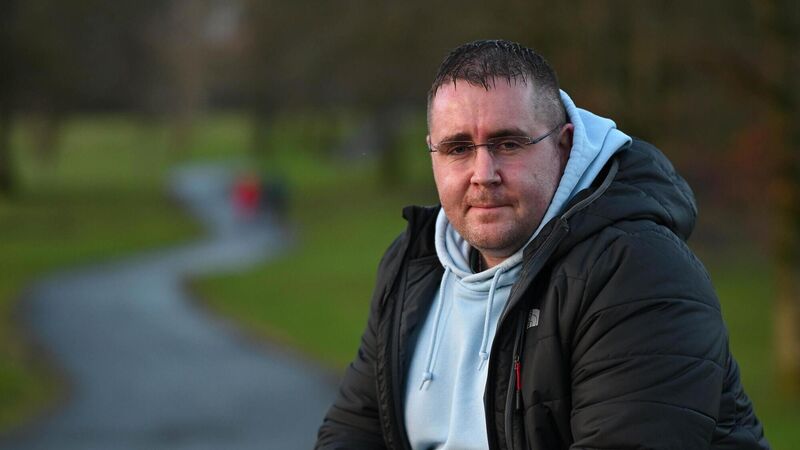Debt to society can be a long-term payment plan

Damien Quinn, Galway Rural Development, has set up an organisation to help ex prisoners get employment; having spent time in prison, he set up Speire Nua, which is the Irish for new horizon, which attempts to ease the path of those who have paid their debt to society and are now starting anew. Picture: Ray Ryan
When Damien Quinn came out of prison he thought he was quits with society; he had done wrong and paid his debt.
What he didn’t realise then was that society wasn’t done with him. His debt had not been paid.











